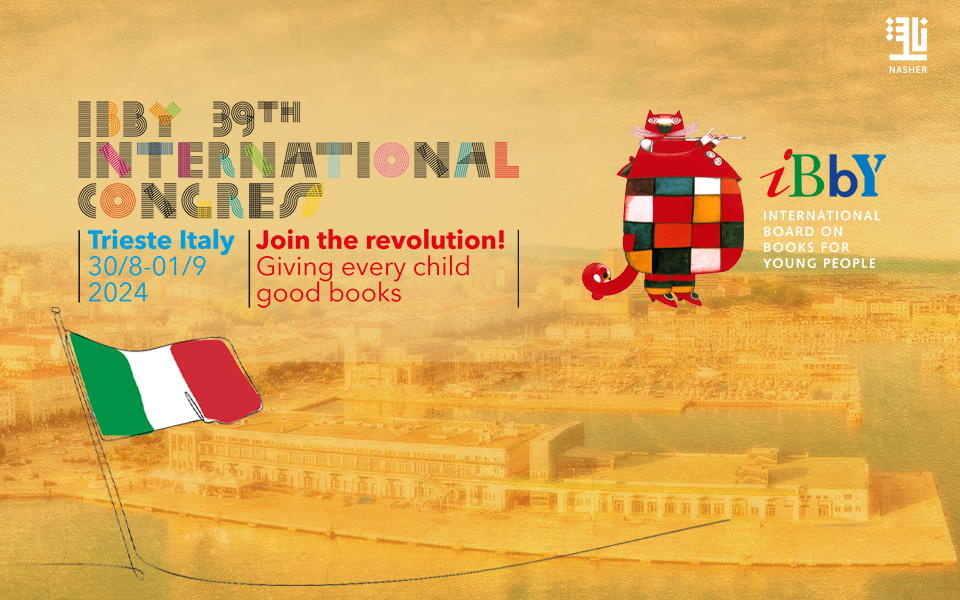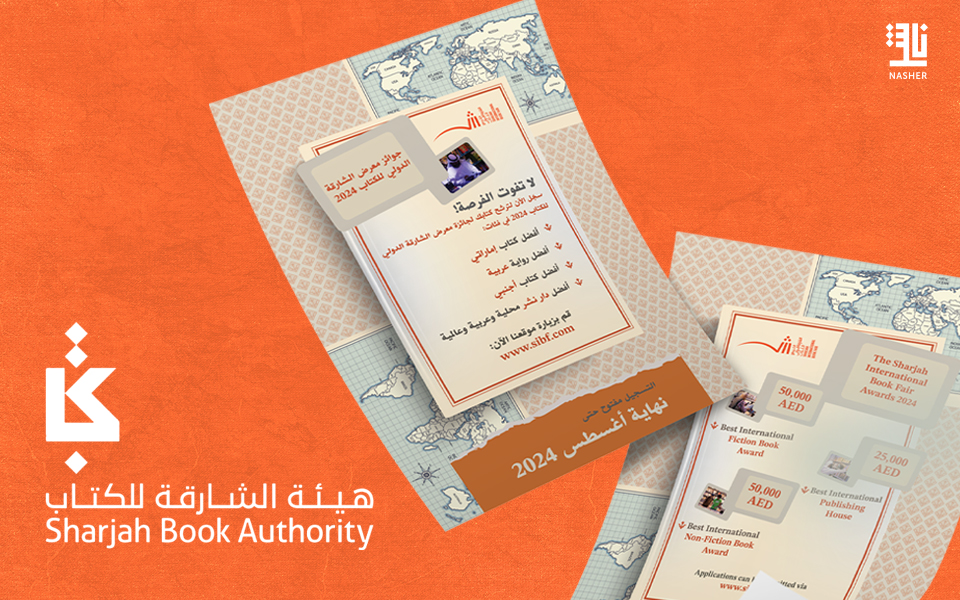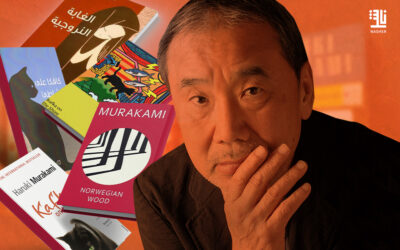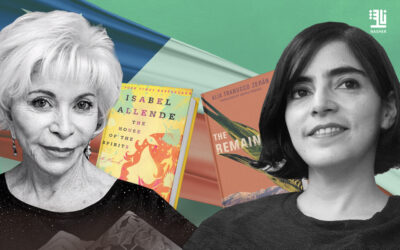Cambridge University Library: 600 Years of History
Cambridge University Library, founded in 1416, is one of the oldest libraries in the world. The library is located in Cambridge, England, and serves as the main research library of the University of Cambridge. It holds over eight million books, manuscripts, and other items, making it one of the largest academic libraries in Europe.
The library’s origins can be traced back to the medieval university, when books were kept in chests in the colleges. In the 16th century, a dedicated library building was constructed, and the library’s collection began to expand rapidly. The library’s holdings include a number of rare and unique items, including a first edition of Isaac Newton’s “Principia Mathematica,” as well as manuscripts and early printed books from across Europe and Asia.
In addition to its vast collection, the Cambridge University Library is renowned for its architectural beauty. The library’s main building, designed by architect Giles Gilbert Scott, is an iconic example of modernist architecture. The building features a striking brick façade and a soaring tower that provides sweeping views of the city.
The Library continues to be a vital resource for scholars and researchers from around the world. Its collections are constantly expanding, with new acquisitions regularly added to the shelves. The library also provides a range of services, including access to electronic resources, reference services, and support for research data management.
Overall, the Cambridge University Library is an institution of immense historical and cultural significance. Its collection of rare and unique items, combined with its stunning architecture and ongoing commitment to scholarship, make it a true treasure of the academic world.
The Library is home to a number of rare Arabic books, manuscripts, and documents. Some of the most prominent examples include:
The Cambridge Qur’an manuscript: This manuscript is one of the oldest known copies of the Qur’an, dating back to the 8th century CE. It is written in the Kufic script and contains a number of unique features that have fascinated scholars for centuries.
The Ibn al-Nafis manuscript: This manuscript is a 13th-century Arabic medical text written by the Syrian physician Ibn al-Nafis. It contains groundbreaking insights into the circulation of blood, which were not fully understood in Europe until several centuries later.
The Tarikh al-Sudan manuscript: This manuscript is a history of the Songhay Empire in West Africa, written in Arabic in the 17th century. It provides a rare glimpse into the political and cultural life of this important African kingdom.
These rare Arabic books and manuscripts, along with many others in the Cambridge University Library’s collection, offer valuable insights into the history, culture, and intellectual traditions of the Islamic world.








